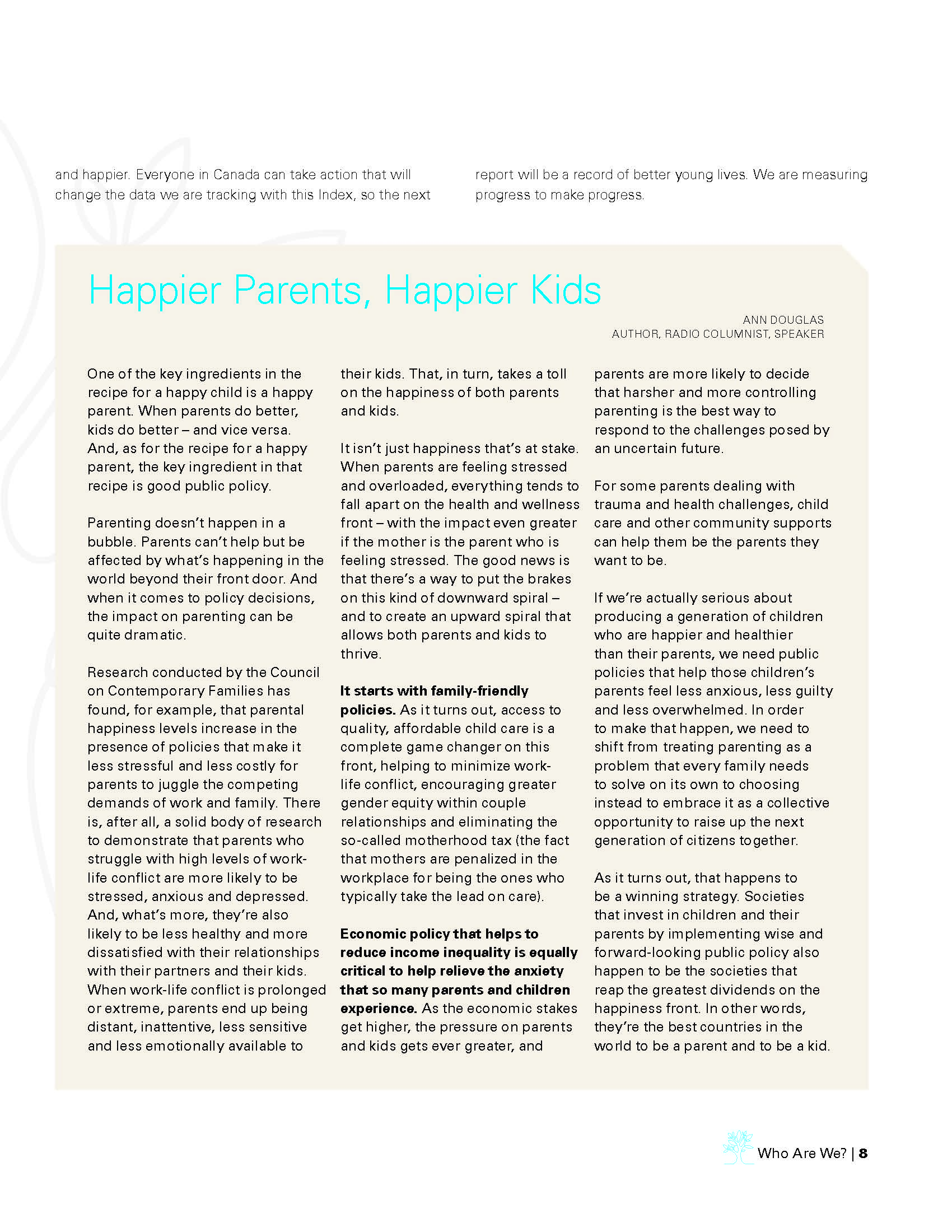It’s been another exceptionally difficult week to be a caring citizen of the world: a week in which one horrific news story has blended into the next, triggering what pretty much amounts to a tidal wave of awful.
If your heart is feeling a little broken and battered right now, please know that you’re not alone. Mine is, too; and judging by the conversations I’ve been having with family and friends (to say nothing of a whole bunch of random wonderful strangers), I think a lot of us are feeling this way right now.
And yet we can still find beauty amidst all that brokenness. As writer, moral philosopher, and environmental thought-leader Kathleen Dean Moore notes in her brilliant and thought-provoking book Great Tide Rising: “Isn’t this a measure of your love for the world—that you will find it beautiful, even when it is desperately wounded?”
The question, of course, is what can we do to hold on to the beauty without surrendering to that brokenness or, worse, allowing that brokenness to break us?
Here are a few thoughts.
Acknowledge the painful emotions that you are feeling.
Don’t be afraid of them. Don’t try to run from them. Don’t try to bury them. Instead, face them head on with the courage that comes from knowing you can handle them, because you can. The beautiful thing about emotions is that they’re transitory squatters, not permanent residents of your brain. Eventually (and typically when you least expect it), they pack up their bags and leave town. In the meantime, be willing to sit with them, be patient with them, and learn from them. They can be surprisingly great teachers.
Look for opportunities to send tiny ripples of goodness out into the world.
Taking action feels so much better than doing nothing: standing by and watching as the world quite literally goes up in flames or innocent people fall from the sky. If you’re not sure what to do or how to get started in tackling the wickedly complicated problems facing our world, you’ll find plenty of ideas and inspiration in this rather provocatively named guide (a guide that—spoiler alert—actually encourages you to be anything but lazy).
Connect with others who share your commitment to making things better.
Tiny actions can have a far-reaching impact—and the impact of those actions is multiplied immeasurably when we’re able to connect our own efforts with those of others who are working just at hard at making change. Their energy will recharge you and their commitment to making things better will motivate you to keep on taking action, too. And if you’ve ever found yourself feeling discouraged by your own smallness or asking yourself, “What can one person do?” you might want to heed Kathleen Dean Moore’s game-changing response to that question: “Stop being one person.” Truly. Just stop….
Give yourself permission to hit the pause button on the news.
Take refuge in activities and relationships that provide you with a much-needed break so that you can refuel your emotional stores and renew your faith in humanity. And recognize that there's a difference between being immersed and being informed, when it comes to current events. Sure, you want to be aware of what's happening in the world, but that doesn't mean that you have to be plugged into your Twitter or Facebook feed 24/7. So take breaks and aim for a balanced media diet. Don't just focus on the really bad news. Gravitate toward the good, too. Because it’s out there. You just have to keep looking.
Ann Douglas is the author of numerous books about parenting including, most recently, Happy Parents, Happy Kids and Parenting Through the Storm. She is also the weekend parenting columnist for CBC Radio.
Related:
How to Avoid Being Psychologically Destroyed by Your Newsfeed




